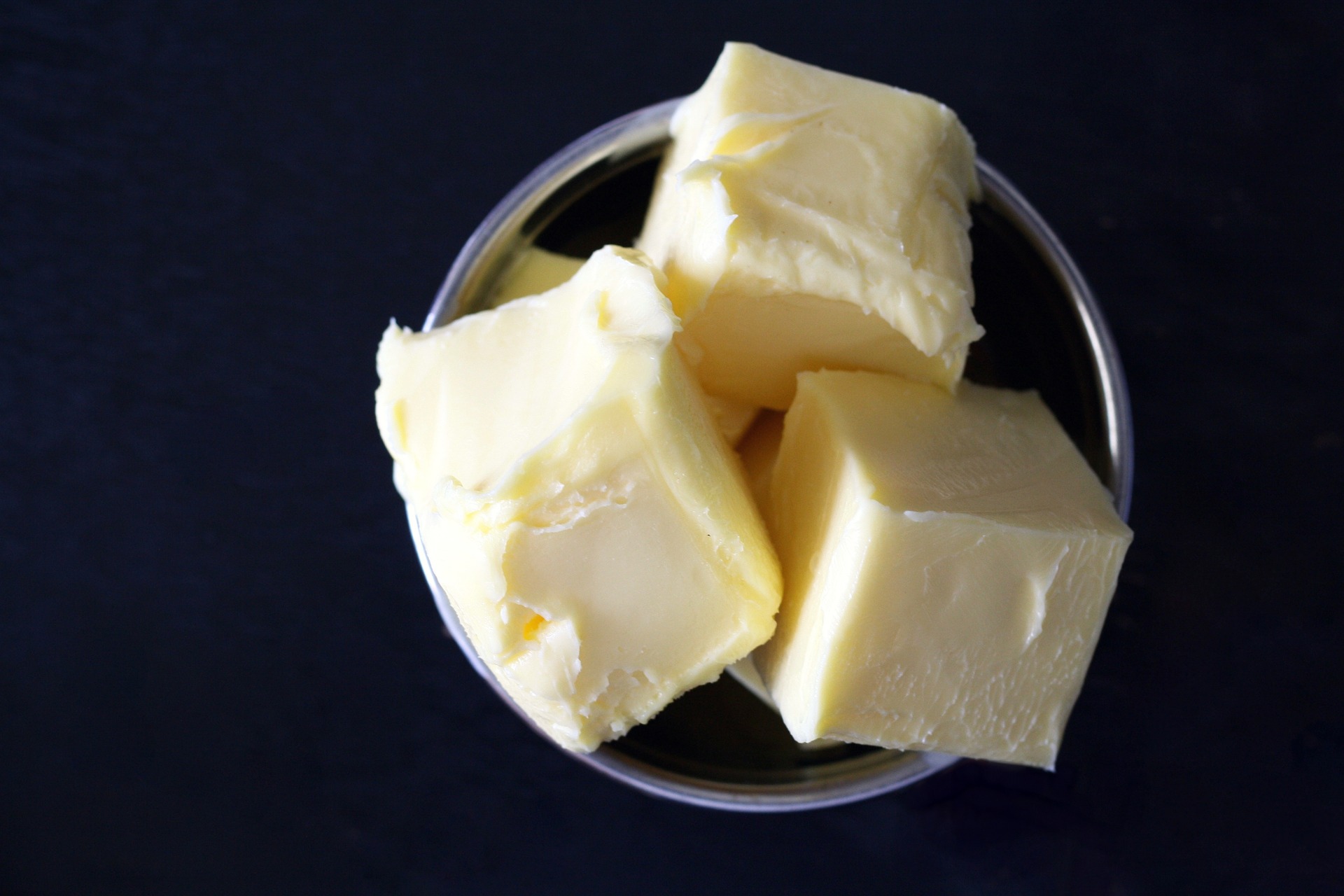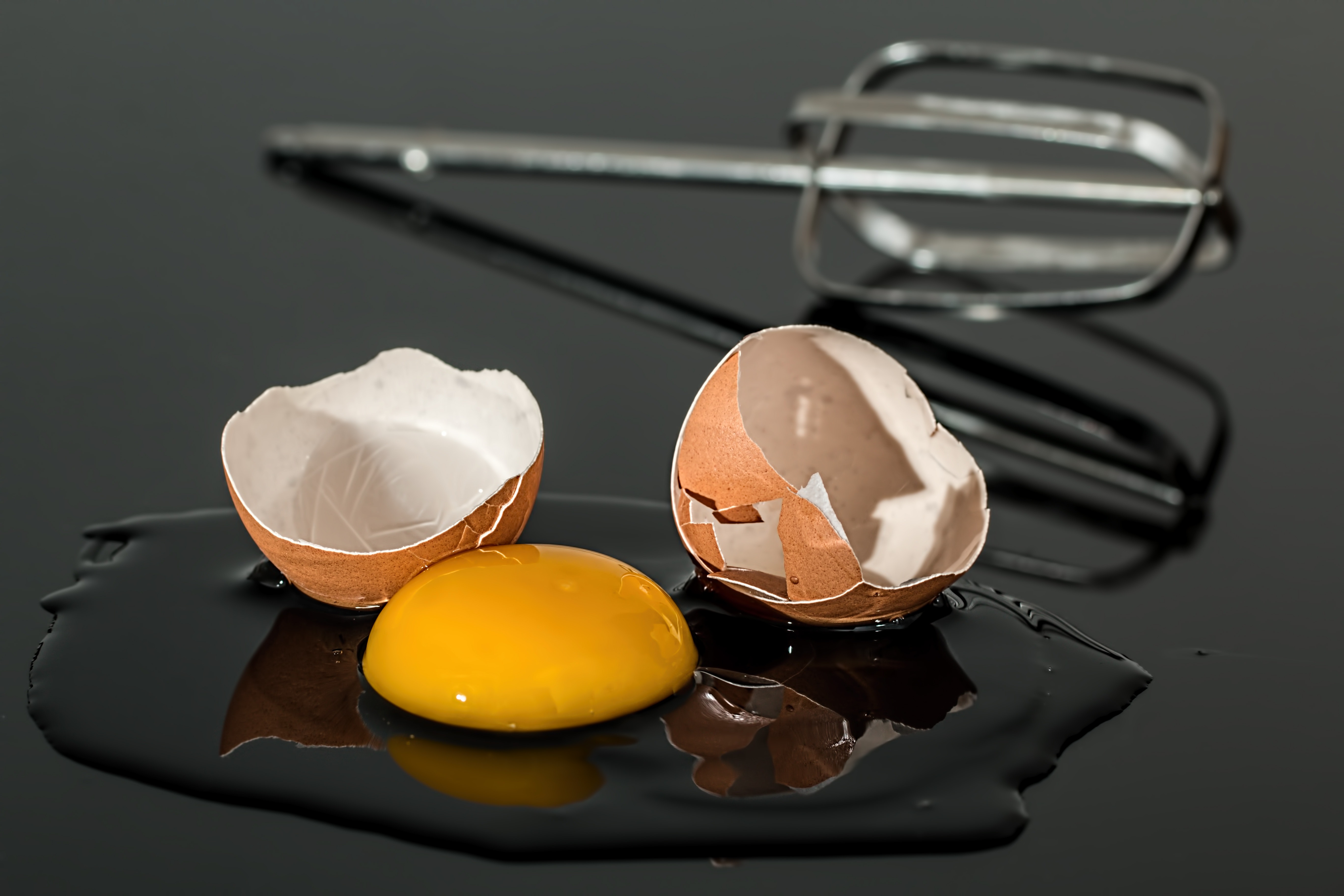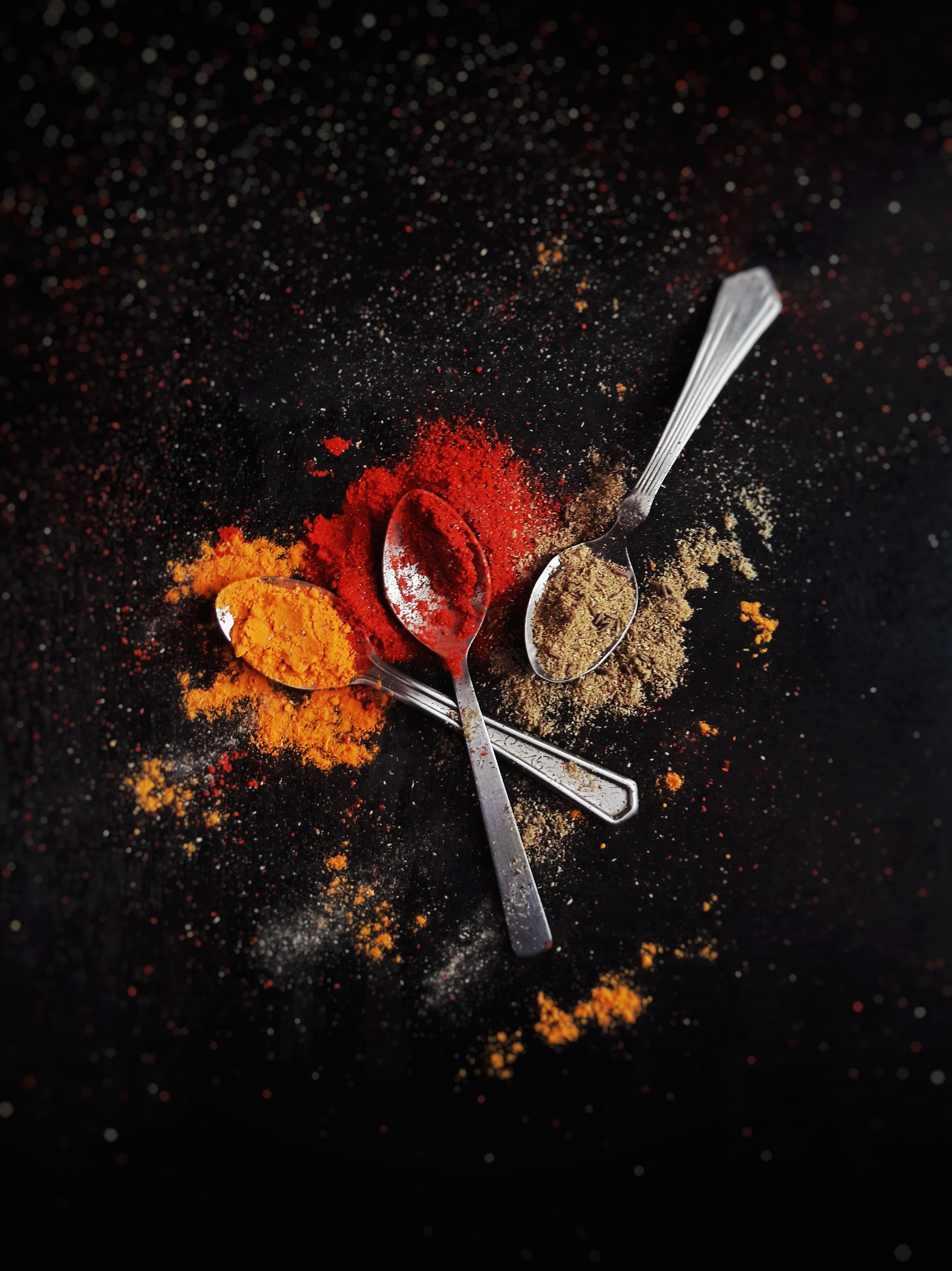I was ‘geeking’ out about nutrition and wellness with a fellow wellness professional when she brought up a product called Protandim, to help with oxidative stress. Curiosity got the best of me, so I tried it. Within a couple of weeks, I started noticing improvement with muscle recovery, endurance, and flexibility.
This got me thinking back to my college chemistry classes to remember what oxidative stress even meant…
Oxidative stress is when there is an imbalance between the production of ‘free radicals’ and the body’s ability to counteract their damaging effect with ‘antioxidants’.
You are still probably asking “What does that even mean?” so let’s dig a little deeper…
A free radical is a molecule with a missing piece, like a flower missing one petal. This molecule roams the body stealing the missing piece (or petal) from other areas of our body (like our cells, proteins, tissues and DNA) so it can become whole, but leaving the victim damaged. Free radicals are a natural byproduct of normal body functions, however, it is also recognized as an underlying factor in many chronic diseases including age related macular degeneration, atherosclerosis, stroke, cancer, chronic fatigue, diabetes, general inflammation, Alzheimer’s, and Parkinson’s disease.

Antioxidants are things that bind to or neutralize free radicals to stop them from stealing from our cells and tissues thus minimizing damage. Our cells naturally produce antioxidants. We can also get them from our diet in things like green tea, milk thistle, resveratrol, turmeric, and foods rich in vitamins A, C and E.
What causes formation of free radicals (and thus oxidative stress) and how to minimize effects?
Free radicals are created by:
Minimize effects by:
Diet
Consumption of processed vegetable oils like canola, soybean and safflower oil.
Not eating enough colorful fruits and vegetables (source of anti-oxidants).
1. Staying away from processed foods and preparing food with butter, olive oil or coconut oils.
2. Eating a variety of fruits and vegetables.
Lifestyle
Smoking tobacco.
Chronic stress.
Sleep disruption.
Sedentary.
3. Not smoking.
4. Adding stress reducing activities including meditation, yoga, time in nature, technology breaks.
5. Creating a regular sleep schedule at night and get sunlight during the day.
6. Getting regular exercise.
Environment
Infections.
Air and water pollution.
Plastics like BPA.
Pesticides and insecticides.
Heavy metals.
7. Treating infections and supporting the body’s natural immune defenses.
8. Filtering drinking water and changing air filters regularly.
9. Avoiding plastic containers as much as possible.
10. Not using pesticides at home and buying organic as often as possible. (More on buying organics here.)
11. Removing dental amalgams and only eating fish that tend to be low in mercury, like anchovies, catfish, flounder, hake, haddock, herring, salmon, trout, whitefish, pollock, mackerel, sardines and butterfish.
Supplements
12. Protandim is a supplement that also helps with minimizing the effects of oxidative stress. It is the only supplement that has been clinically proven to reduce oxidative stress in humans by an average of 40 percent in 30 days.
Do you want to learn more about how optimizing this process can improve your health?
I have invited Chelsea Fournier to tell us all about it in my Facebook Group on July 16th at 12pm. If you can’t make the time, it will stay posted for you to listen in when you can.
Reference: https://kresserinstitute.com/what-really-causes-oxidative-damage/
Disclaimer: LifeVantage and it’s Distributors cannot and do not claim that any of their products prevent, diagnose, treat, cure or mitigate any disease or illness in any marketing materials or labeling.







Loved this Julie! You write about the most fascinating stuff I love it.
Glad you enjoyed it! 🙂